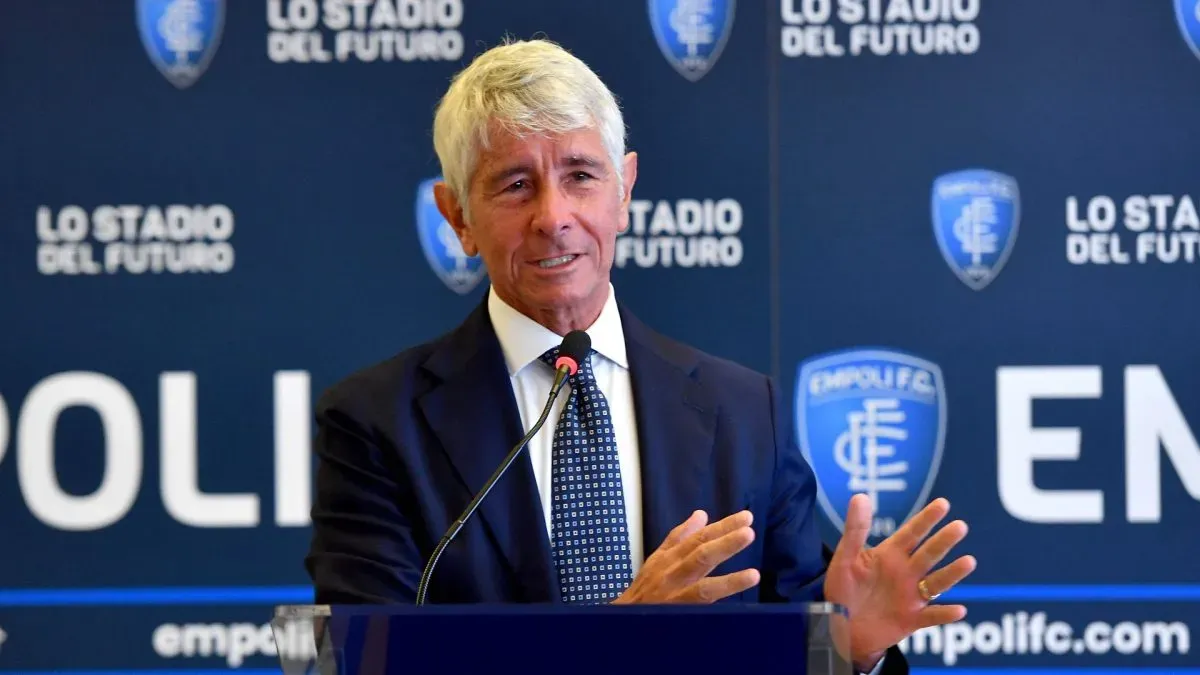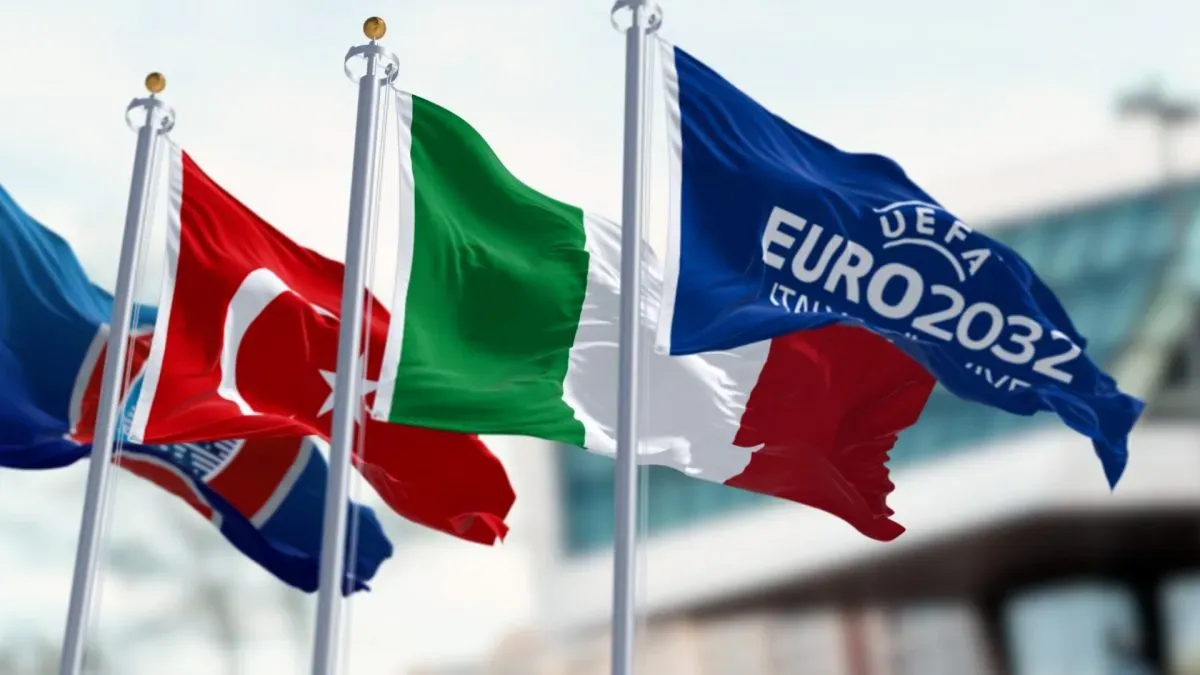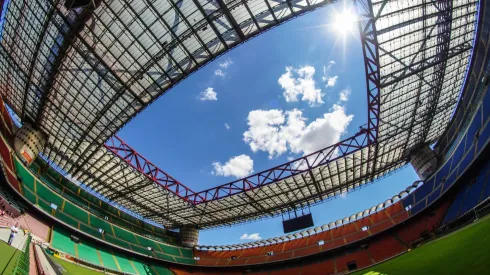Italian Minister for Sport Andrea Abodi has openly admitted that constructing new stadiums for Serie A teams is a daunting task, fraught with bureaucratic challenges. Speaking to Il Sole 24 Ore newspaper, Abodi highlighted the significant hurdles that clubs and local authorities face; especially in their attempts to modernize Italy’s aging sports infrastructure.
The last substantial upgrades to many new Serie A stadiums occurred during the 1990 World Cup. Since then, the infrastructure has seen little improvement and is now showing signs of deterioration. Club patrons from top teams such as Milan, Inter, Roma, Lazio, Napoli, and Fiorentina have expressed frustration over the pervasive red tape and political interference that hampers any plans to build new stadiums. The bureaucratic obstacles have left Italy trailing behind other European nations in terms of modern sports facilities.
Italy is set to co-host Euro 2032 with Turkey, a decision initially aimed at securing sole hosting rights. However, even this prestigious event has not been enough to galvanize significant progress in stadium development. Abodi is keenly aware of the urgency. He stated, “For Euro 2032, we need to name five or six stadiums by October 2026 and then open the building works within April 2027”. Despite forming a working group with Finance Minister Giancarlo Giorgetti to find financial and administrative solutions, the task remains daunting.
Financial and regulatory hurdles for Serie A stadiums

In an effort to overcome these challenges, Abodi has initiated discussions with various councils and clubs across Italy. “We already held meetings with the councils and clubs for the stadium issues in Florence, Bologna, Parma, Empoli, and Cagliari,” he noted. The collaborative effort includes a three-way discussion involving the Mayor of Naples and Napoli President Aurelio De Laurentiis. It will also extend to Milan, Rome, Verona, Genoa, Bari, and Palermo.
These meetings aim to finalize the stadiums that will be used for Euro 2032. However, Abodi emphasizes that the efforts extend beyond this event. “Our efforts go beyond that. Stadiums and sporting arenas are about the economic strengths of sport, but also for the citizens. We are too far behind on these matters and the time has gone for just meetings; we need to take action.”
Financial and regulatory hurdles make the already complicated process of constructing new stadiums in Italy much more so. Even with the backing of a major event like the future European Championship, the process remains mired in red tape. The 64-year-old’s frustration is palpable as he works to push through these barriers and bring Italy’s sports infrastructure up to modern standards.
What’s ahead for Italy and Serie A?

In the face of these challenges, some clubs have resorted to organizing 99-year leases of existing arenas from local councils; followed by restructuring them. This approach has proven to be a relatively successful workaround; allowing clubs to bypass some of the bureaucratic hurdles associated with building entirely new stadiums.
As Italy prepares to co-host Euro 2032, the pressure is on to ensure that the necessary infrastructure is in place. The coming years will be crucial in determining whether Italy can overcome its bureaucratic challenges and deliver modern, world-class stadiums for the tournament. Abodi’s commitment to finding solutions and taking decisive action is a promising step forward, but significant work remains to be done.
PHOTOS: IMAGO















